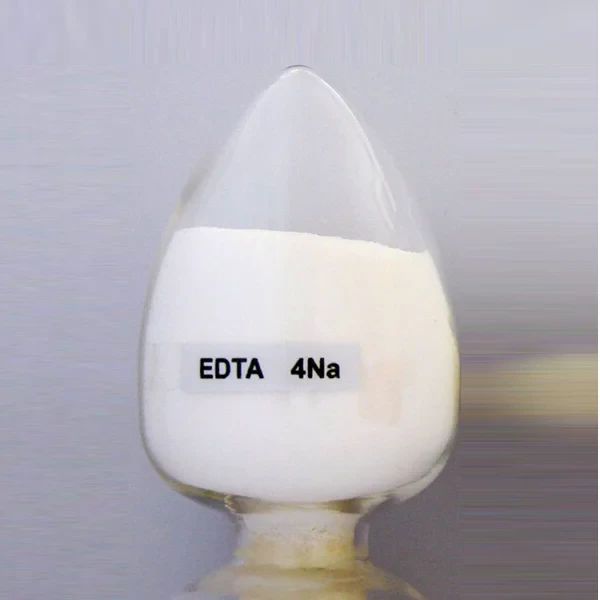
News
Oct . 02, 2024 01:34 Back to list
Custom Chelated Micronutrients with Citric Acid for Enhanced Nutrient Absorption
Custom Citric Acid Chelated Micronutrients Enhancing Plant Nutrition
In the realm of agriculture, nutrient management plays a pivotal role in maximizing crop yield and maintaining soil health. Among the various strategies employed, the use of micronutrients has gained significant attention due to their critical roles in plant development. One innovative approach in micronutrient application is the formulation of custom citric acid chelated micronutrients, which enhances nutrient availability and absorption by plants.
Understanding Chelation
Chelation is a chemical process where a chelating agent forms multiple bonds with a metal ion, effectively stabilizing it. In agriculture, chelation is crucial because many micronutrients, such as iron, manganese, zinc, and copper, can become unavailable to plants due to soil pH, organic matter content, and other environmental factors. Traditional fertilizer forms often struggle to deliver these essential nutrients in a form that plants can readily absorb.
Citric acid, a naturally occurring organic acid, serves as an excellent chelating agent due to its ability to bind with various metal ions. Its effectiveness in improving the solubility of micronutrients allows for improved bioavailability, ensuring that plants receive the nutrients they need for optimal growth throughout their life cycles.
Benefits of Citric Acid Chelated Micronutrients
1. Enhanced Nutrient Uptake Custom citric acid chelated micronutrients provide a reliable source of essential trace elements. By keeping micronutrients in a soluble form, plants can absorb them more efficiently through their root systems. This results in improved physiological functions, including photosynthesis, enzyme activity, and overall plant vigor.
2. Improved Soil Health Implementing custom chelated micronutrients contributes to healthier soils. These chelated nutrients can minimize nutrient leaching in heavy rains, thereby reducing environmental impacts and maintaining soil fertility. Additionally, certain chelated formulations can enhance microbial activity, contributing to a more balanced soil ecosystem.
3. Tailored Nutrient Solutions Custom formulations allow farmers to address specific deficiencies based on soil tests, crop requirements, and environmental conditions. This targeted approach to micronutrient application ensures that plants receive precisely what they need when they need it, minimizing waste and optimizing input costs.
custom citric acid chelated micronutrients

4. Compatibility Citric acid chelated micronutrients can easily integrate with other fertilizers and soil amendments. Their compatibility enhances mixing and application processes. Farmers can streamline their fertility programs while ensuring that vital nutrients are applied simultaneously without disruption.
5. Sustainability The use of chelated micronutrients aligns with sustainable farming practices. By optimizing nutrient use efficiency, farmers can reduce the reliance on synthetic fertilizers, which can have adverse environmental impacts. Chelation helps utilize existing soil nutrients more effectively, promoting a more sustainable approach to agricultural nutrition.
Application Techniques
Custom citric acid chelated micronutrients can be applied using various methods depending on the crop, field conditions, and personal preferences of farmers. Common application techniques include
1. Soil Application Mixing the chelated micronutrients into the soil prior to planting can ensure that the nutrients are readily available to young plants as they establish their root systems.
2. Foliar Spraying In cases where micronutrient deficiencies are evident, foliar application of chelated nutrients can provide quick alleviation. The leaves can absorb these nutrients directly, enabling rapid correction of deficiencies.
3. Fertigation Combining chelated micronutrients with irrigation water allows for a uniform distribution of nutrients and reduces the risk of nutrient runoff, promoting efficient uptake by plants.
Conclusion
Custom citric acid chelated micronutrients represent a significant advancement in agricultural nutrition. Their ability to enhance nutrient availability and uptake can yield healthier crops, better soil conditions, and ultimately, more sustainable farming practices. As we continue to confront challenges related to food security and environmental stewardship, embracing innovative solutions such as chelated micronutrients will be essential for the future of agriculture. By investing in these advanced formulations, farmers can ensure that they meet the nutritional needs of their crops, supporting robust agricultural systems and contributing to global sustainability efforts.
-
Polyaspartic Acid Salts in Agricultural Fertilizers: A Sustainable Solution
NewsJul.21,2025
-
OEM Chelating Agent Preservative Supplier & Manufacturer High-Quality Customized Solutions
NewsJul.08,2025
-
OEM Potassium Chelating Agent Manufacturer - Custom Potassium Oxalate & Citrate Solutions
NewsJul.08,2025
-
OEM Pentasodium DTPA Chelating Agent Supplier & Manufacturer High Purity & Cost-Effective Solutions
NewsJul.08,2025
-
High-Efficiency Chelated Trace Elements Fertilizer Bulk Supplier & Manufacturer Quotes
NewsJul.07,2025
-
High Quality K Formation for a Chelating Agent – Reliable Manufacturer & Supplier
NewsJul.07,2025
